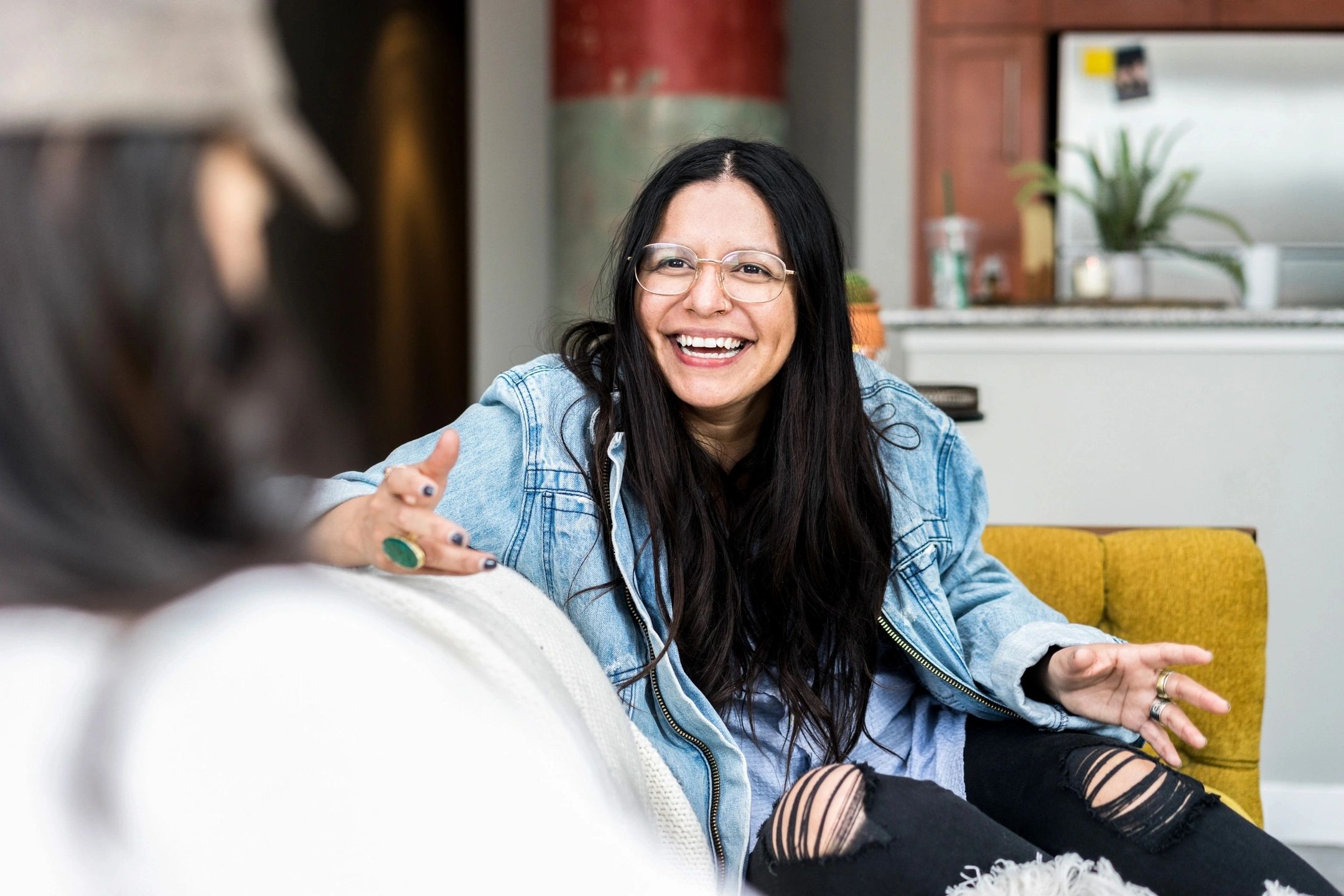As a therapist and life coach, I work with teens and young adults every day. We practice all the evidence based techniques for managing their minds, developing a skill set that they’ll use now and forever. At the end of the day when I have the opportunity to sit and reflect, I realize how much I rely on practicing these skills, too.
I am a professional, but I am also a parent, a partner, a friend, and most important of all, a human on this planet during a time of turmoil. As we transition into fall, we can take this time to reflect, especially as so many things might change and as we face uncertainty.
While I don’t know any more than anyone else about how things will turn out in the near or long term, I have lived long enough to appreciate the importance of curiosity and remaining open to all possibilities. Curiosity is one of the most important aspects of being both a parent and a life coach for teens and emerging adults. But how does a curious person fare better in uncertain times?
Our Brain and Stress
Our brain craves certainty and predictability. When we’re given information that is too ambiguous to predict an outcome, our nervous system goes on high alert. During this pandemic, we receive new and different information regularly. Sometimes the directives conflict with what we were told the day before. Federal and state agencies are seemingly not aligned, and everyone’s responses differ. The uncertainty and stress in this unpredictable environment causes physical and chemical reactions in the body. The adrenal glands produce stress hormones that get us ready to take action. The sympathetic nervous system creates a hyper-aroused state.
Before we can respond to what comes next, we must allow ourselves to be open to what tomorrow might look like. How we manage our internal struggles determines our outcome rather than our circumstances. As Albert Einstein said, “I have no special talents. I am only passionately curious.”
The Curiosity Quotient
Studies have shown that people with a higher curiosity quotient are more inquisitive, open to new experiences, and more tolerant with uncertainty. Being more curious is a skill that can be developed, and one that I personally enjoy practicing. For instance, not getting too attached to an outcome enables me to be more creative about solutions. I constantly try to remain open to all growth-enhancing opportunities. I also remind myself to be grateful for the moments of calm. Disruption can come without warning, and can lead to chaos if we are not careful.
How can we use our thoughts, emotions, and the stories that we tell ourselves to help us become more emotionally flexible and resilient? Here are some questions that I use to spark connection and conversation.
As a parent:
- How do you think that I could do better?
- How would that impact your life?
As a coach:
- What are we not talking about that might be helpful in our work together?
As both:
- What was it like to be (you) today?
- What do you think could make it better?
- How might that impact your life?
- What’s one thing that you could do today to move in that direction?
- What might get in the way?
Consider using this time to get really curious about who you want to be right now and what is yours to do. Remain curious about any feelings that arise during these uncertain times. Now is the perfect time to work with a life coach who can help you strengthen the connections to yourself and others in your world. If you know a teen or college-aged girl who could use some guidance and support, click here and let’s connect.
As originally posted on Psychology Today.




